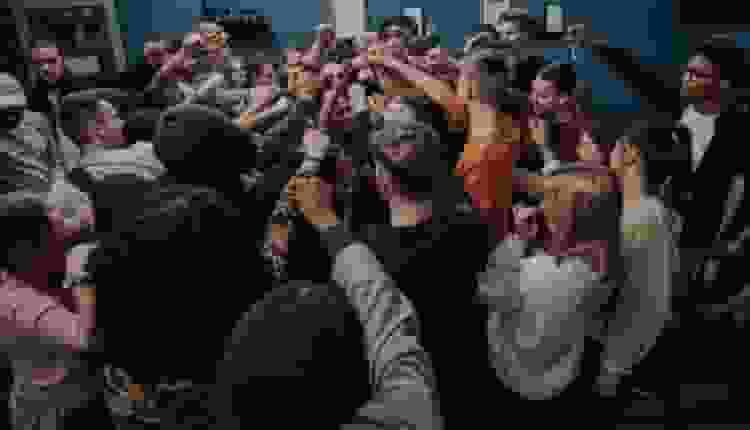
The simultaneous celebration of historical events like the March on Washington for Jobs and Freedom and restricted voting laws presents an unusual pedagogical problem.
Teachers must negotiate the changing voting access environment while instructing pupils about the importance of civil rights and the struggle for equality as states throughout the US adopt voting restrictions
Teaching the March on Washington in Troubled Times
Many teachers are struggling with how to handle these developments in the classroom in light of the recent surge of restricted voting legislation. The basic foundations of democracy and fair representation are threatened by these laws, which are often condemned for disproportionately harming minority populations.
While addressing the contemporary threats to voting rights, educators must find methods to teach about the March on Washington and the larger civil rights struggle. Providing historical context is one way to handle this educational difficulty.
Students may comprehend the relevance of contemporary events by comprehending the past fights for civil rights and the Voting Rights Act. Students may better understand the struggles for equitable access to the voting booth by learning from the past.
Additionally, educators may promote critical thinking and promote conversations on the significance of civic participation and voting rights.
Read more: Abortion Pill Survives Legal Challenge With Imposed Restrictions, Says Appeals Court
Teaching Voting Laws and Youth Activism

These conversations may inspire children to become educated, engaged citizens by enabling them to comprehend the intricacies of today’s voting laws. The significance of youth in previous social change movements cannot be overstated.
The March on Washington itself was evidence of the influence that young activists with a passion for social justice may have. Teachers may take inspiration from this history to motivate pupils to become active in their communities as change-agents.
In the end, discussing how restricted voting laws and the March on Washington interact in the classroom provides a chance to educate about the present and civic obligations in addition to the history.
Read more: US, Japan, South Korea Collaborate On Missile Defenses Against China And North Korea

